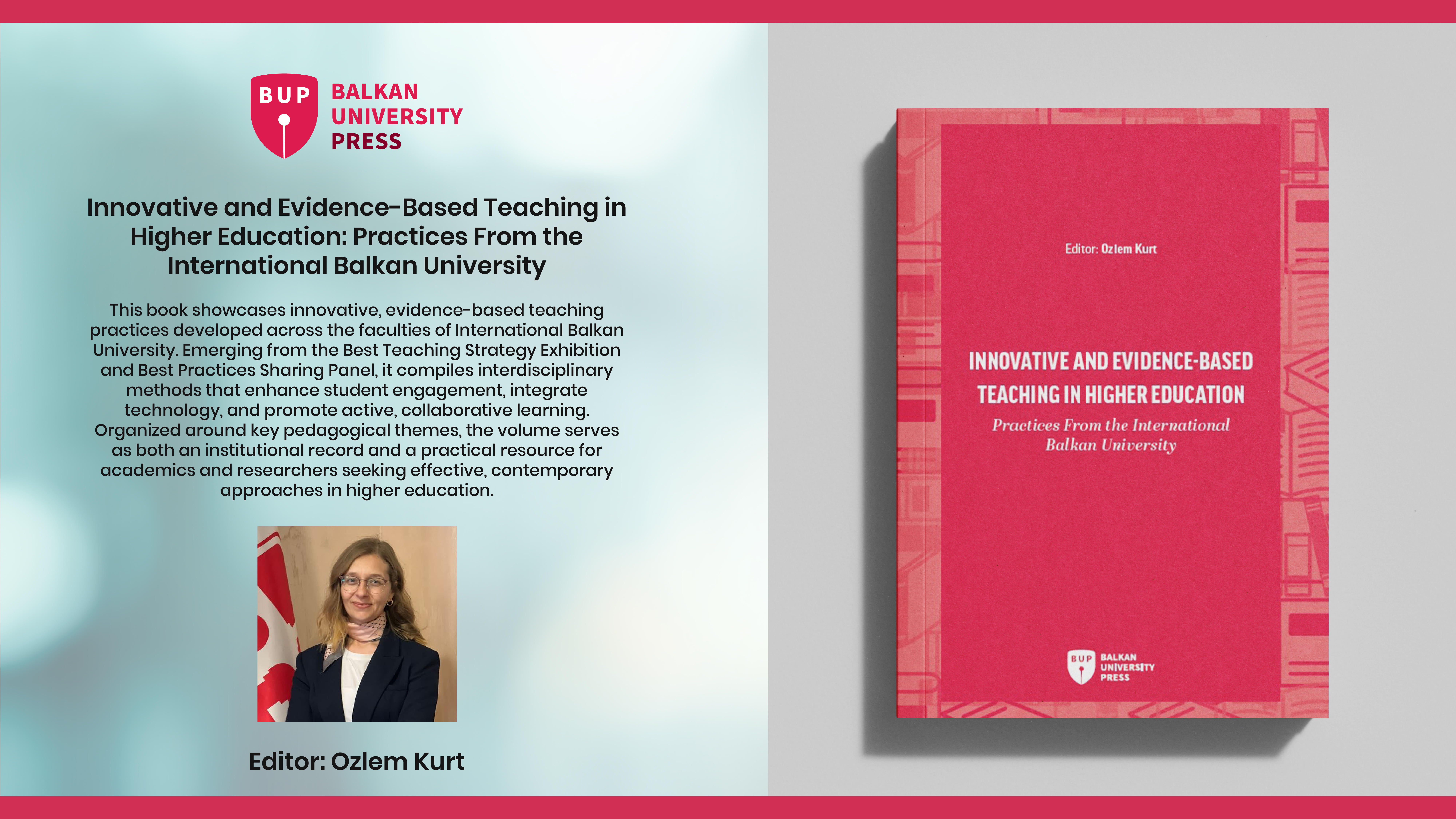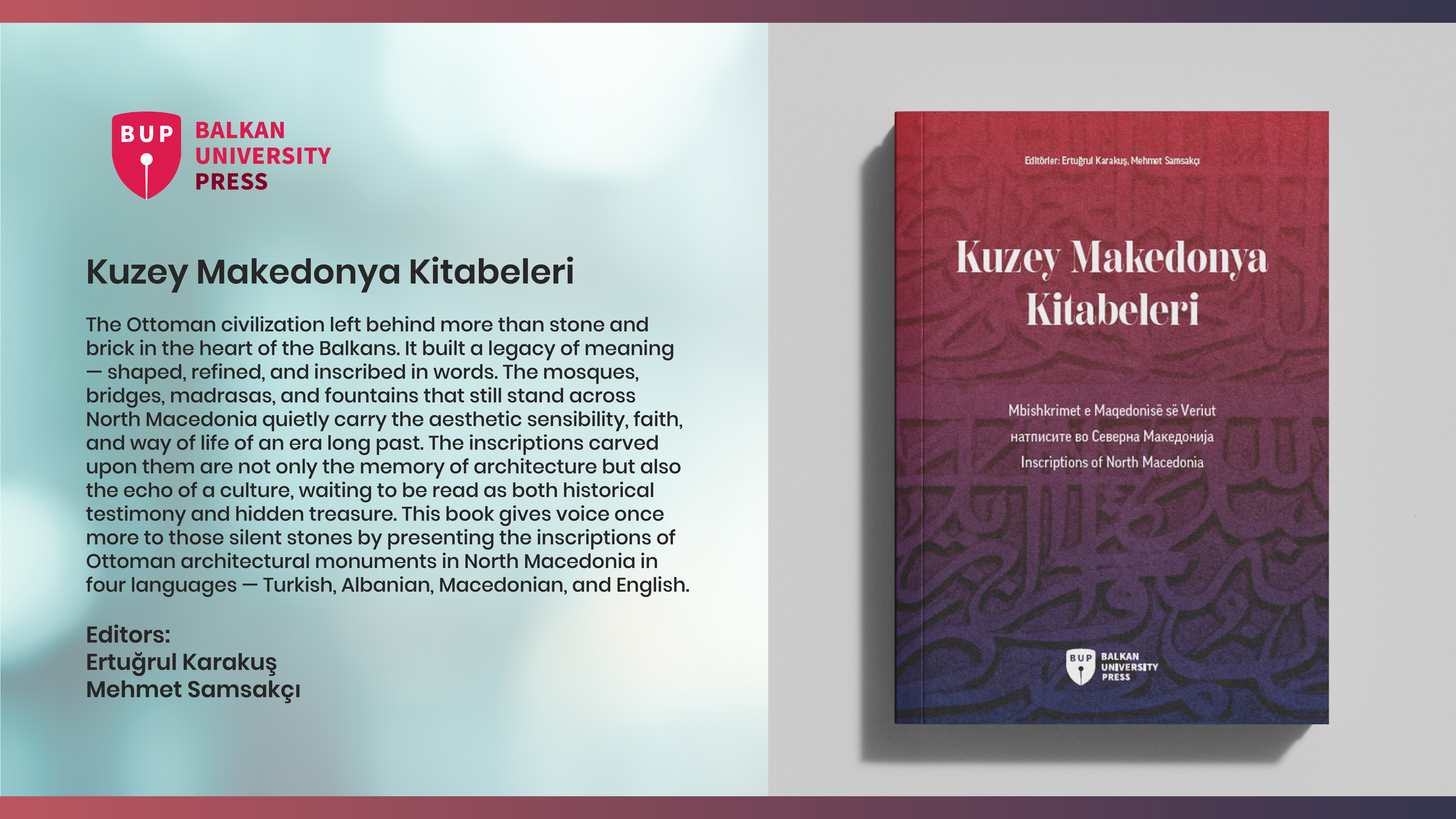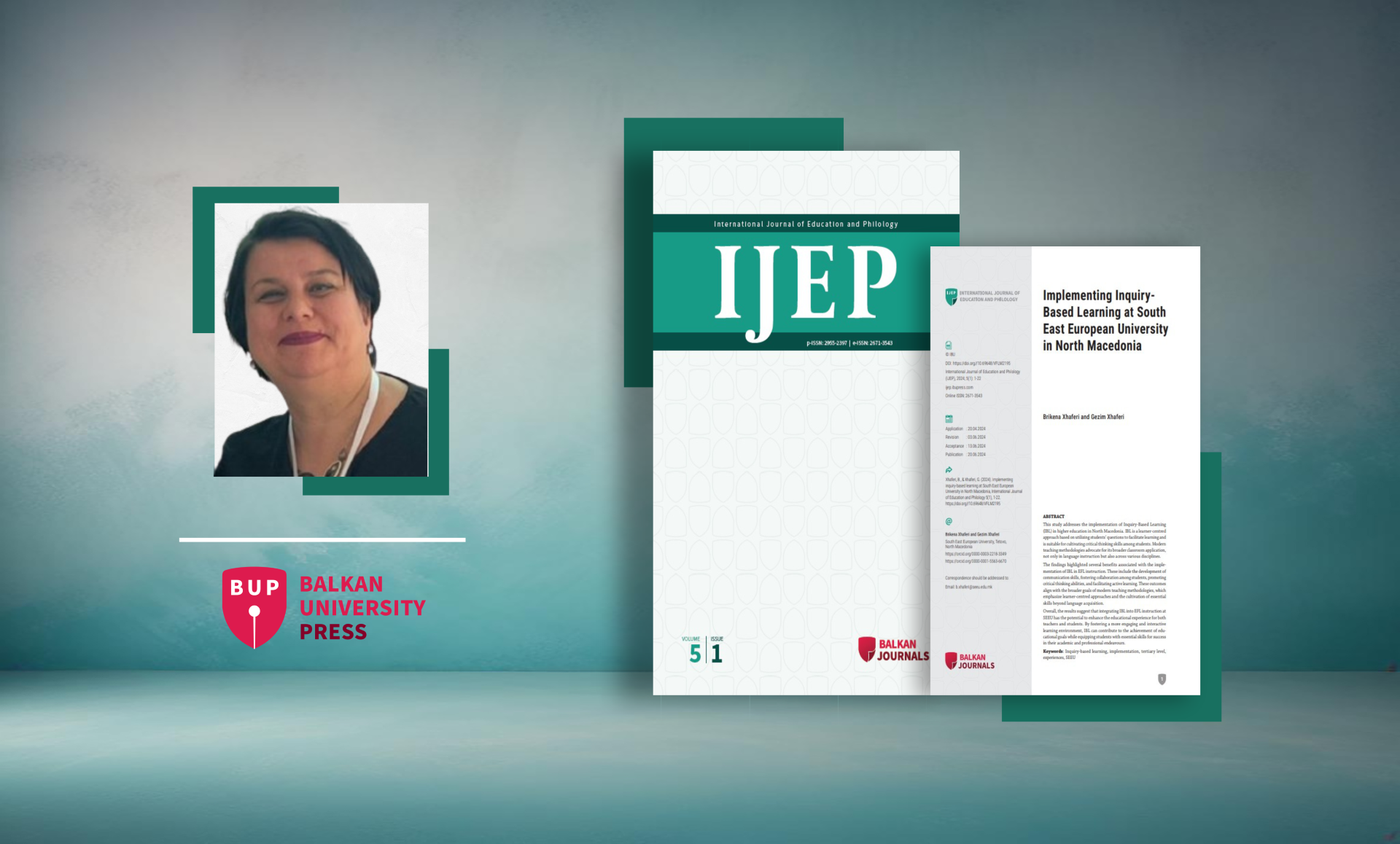
Prof. Xhaferi's blog for BUP
Balkan University Press has the pleasure of sharing with its readers the blog of Prof. Xhaferi, an editorial board member of the International Journal of Education and Philology. In this blog she shares her insights on the topic of inquiry-based learning in higher education.
The Power of Inquiry-Based Learning in Higher Education: A Case Study from North Macedonia
In today's rapidly evolving educational landscape, the emphasis on student-centered learning has never been more crucial. As educators strive to equip students with skills that transcend mere content knowledge, innovative teaching methodologies are gaining prominence. One such approach is Inquiry-Based Learning (IBL), a dynamic, learner-centered strategy that places students' questions and curiosity at the heart of the learning process. A recent study conducted in North Macedonia sheds light on the implementation of IBL in higher education, particularly in the context of English as a Foreign Language (EFL) instruction, and its far-reaching benefits.
To begin with, Inquiry-Based Learning is a pedagogical approach that flips the traditional teacher-centered model on its head. Instead of passively receiving information, students actively engage in the learning process by posing questions, conducting research, and discovering answers for themselves. This method fosters a deeper understanding of the subject matter, as students are not just memorizing facts but are actively involved in the construction of knowledge.
The study conducted in North Macedonia focuses on the application of IBL within the context of EFL instruction at the South East European University (SEEU). The results of this study are particularly compelling, highlighting several key benefits of integrating IBL into language learning.
ü Development of Communication Skills: Language learning is inherently about communication. By encouraging students to ask questions and explore answers, IBL naturally enhances their ability to communicate effectively. Students become more confident in expressing their ideas, engaging in discussions, and articulating their thoughts in the target language.
ü Fostering Collaboration: Inquiry-Based Learning often involves collaborative projects, where students work together to solve problems or explore topics of interest. This collaborative aspect of IBL not only mirrors real-world scenarios but also builds teamwork and interpersonal skills, which are crucial for success in any professional environment.
ü Promoting Critical Thinking: One of the most significant benefits of IBL is its ability to cultivate critical thinking skills. By engaging students in the process of inquiry, they learn to analyze information, evaluate different perspectives, and develop reasoned arguments. These are essential skills, not just for academic success but for navigating the complexities of the modern world.
ü Facilitating Active Learning: Traditional education methods often involve passive learning, where students listen and take notes. IBL, on the other hand, promotes active learning, where students are engaged in hands-on activities, discussions, and problem-solving. This active participation helps to deepen their understanding and retention of the material.
In conclusion, the outcomes of this study align with the broader goals of modern education, which emphasize the importance of learner-centered approaches. In a world where information is readily accessible, the role of educators is shifting from being the primary source of knowledge to facilitators of learning. By integrating IBL into the classroom, educators can create a more engaging and interactive learning environment that not only helps students acquire knowledge but also equips them with essential life skills.
Prof.Dr. Brikena Xhaferi is a full professor of English Applied linguistics and she teaches at South East European University (SEEU) in Tetovo, North Macedonia. Her field of expertise includes: Innovative teaching methods, Multilingualism, Digital teaching of EFL, ESP, etc. She has published in different international journals indexed in Web of Science and Scopus and is a member of various scientific boards in applied linguistics. As a faculty member at South East European University (SEEU), Pr. Dr.Xhaferi has demonstrated exceptional dedication to her students and colleagues. Her commitment to excellence in teaching and research has earned her widespread respect and admiration within the academic community. Beyond her academic pursuits, she is deeply engaged in initiatives promoting innovative teaching methodologies, both in local and international conferences and other discussion forums and webinars.







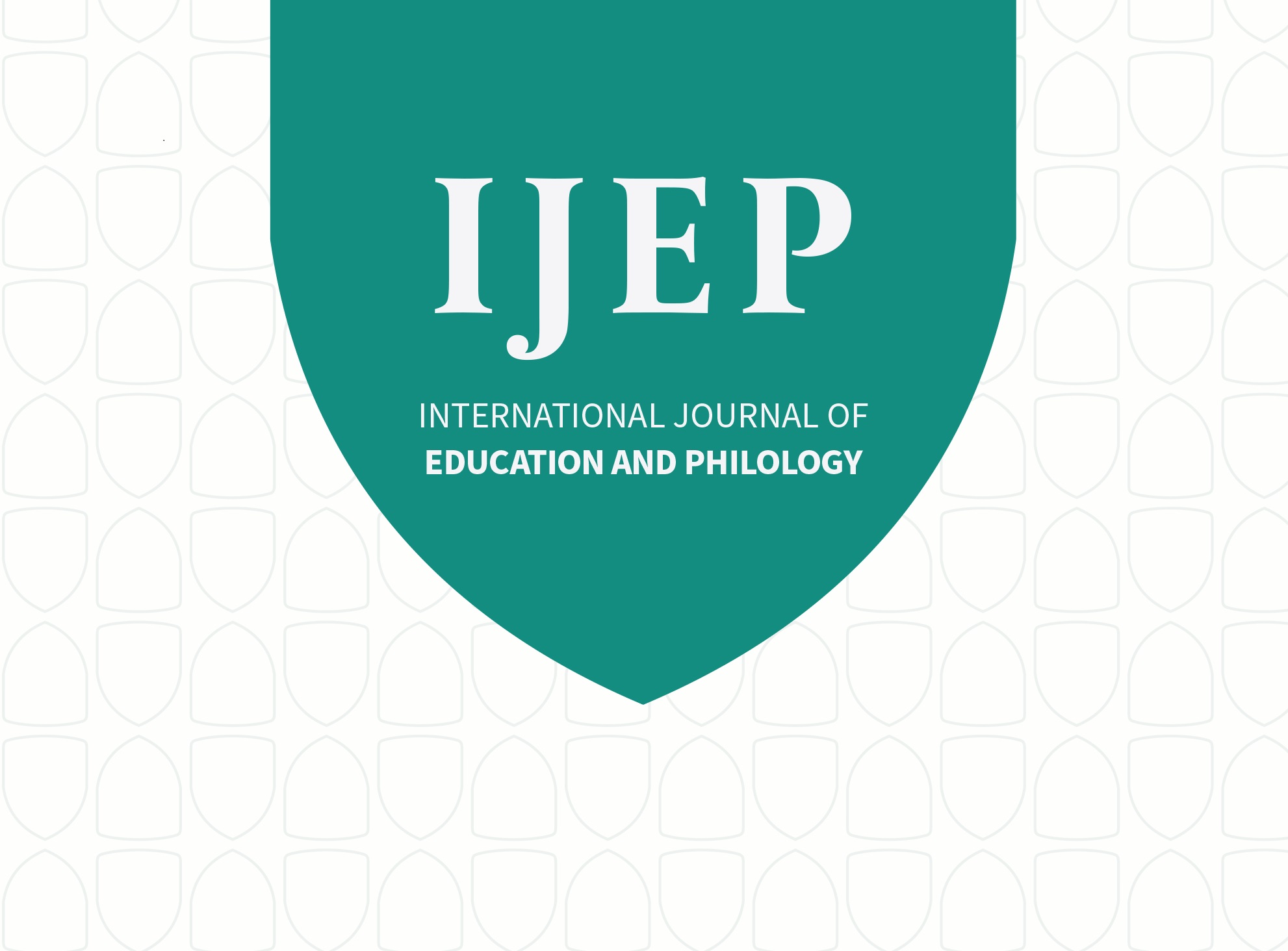









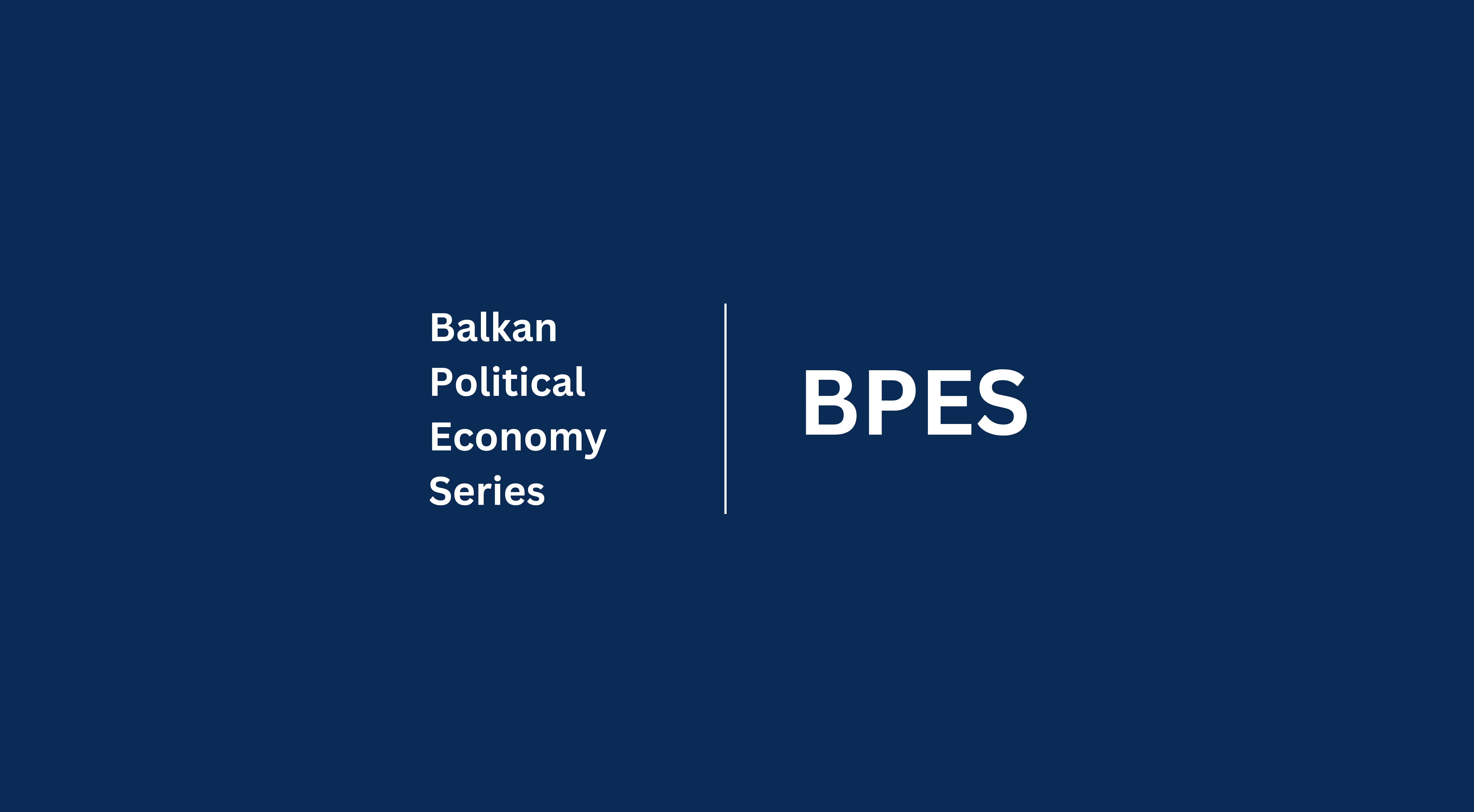

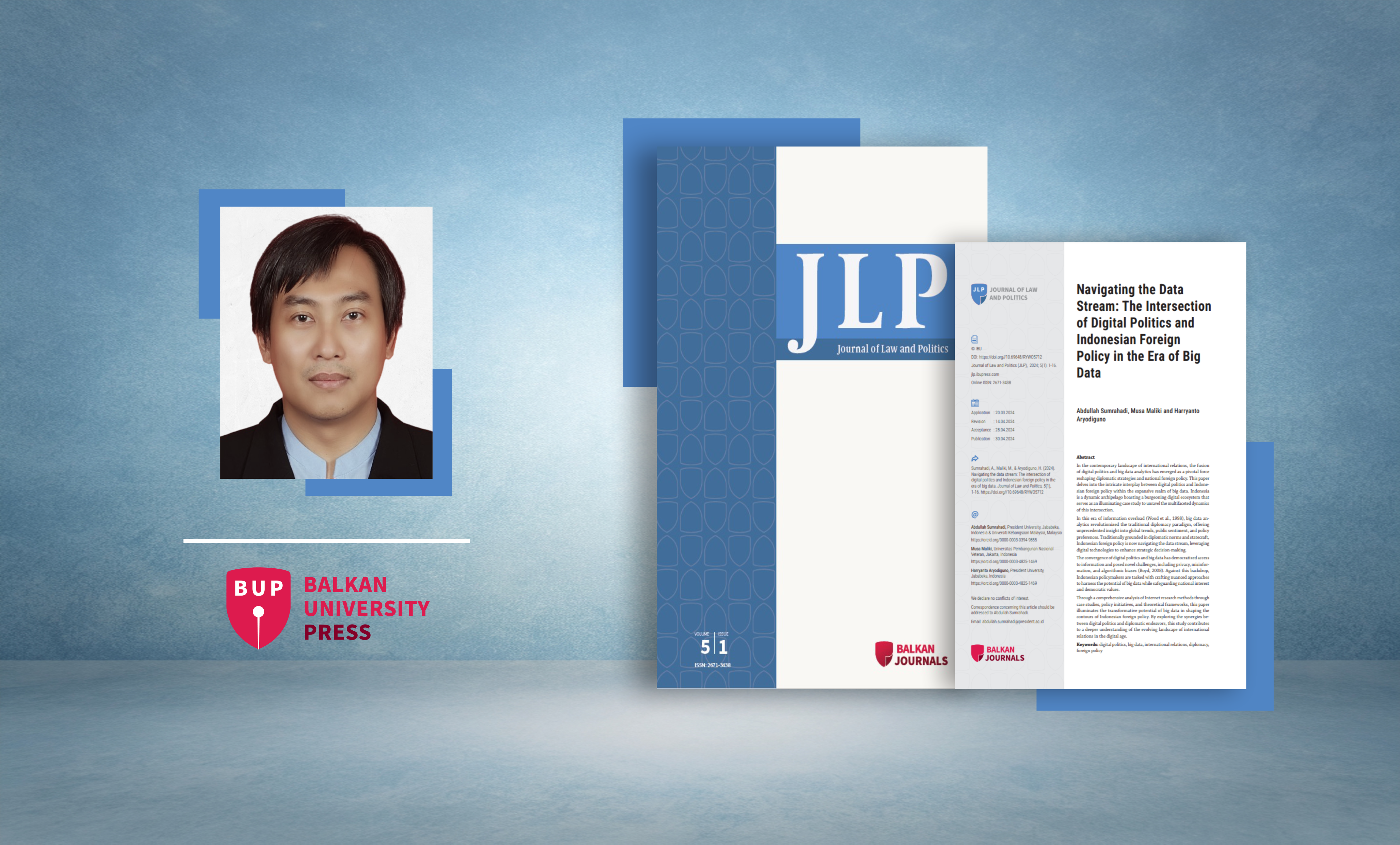
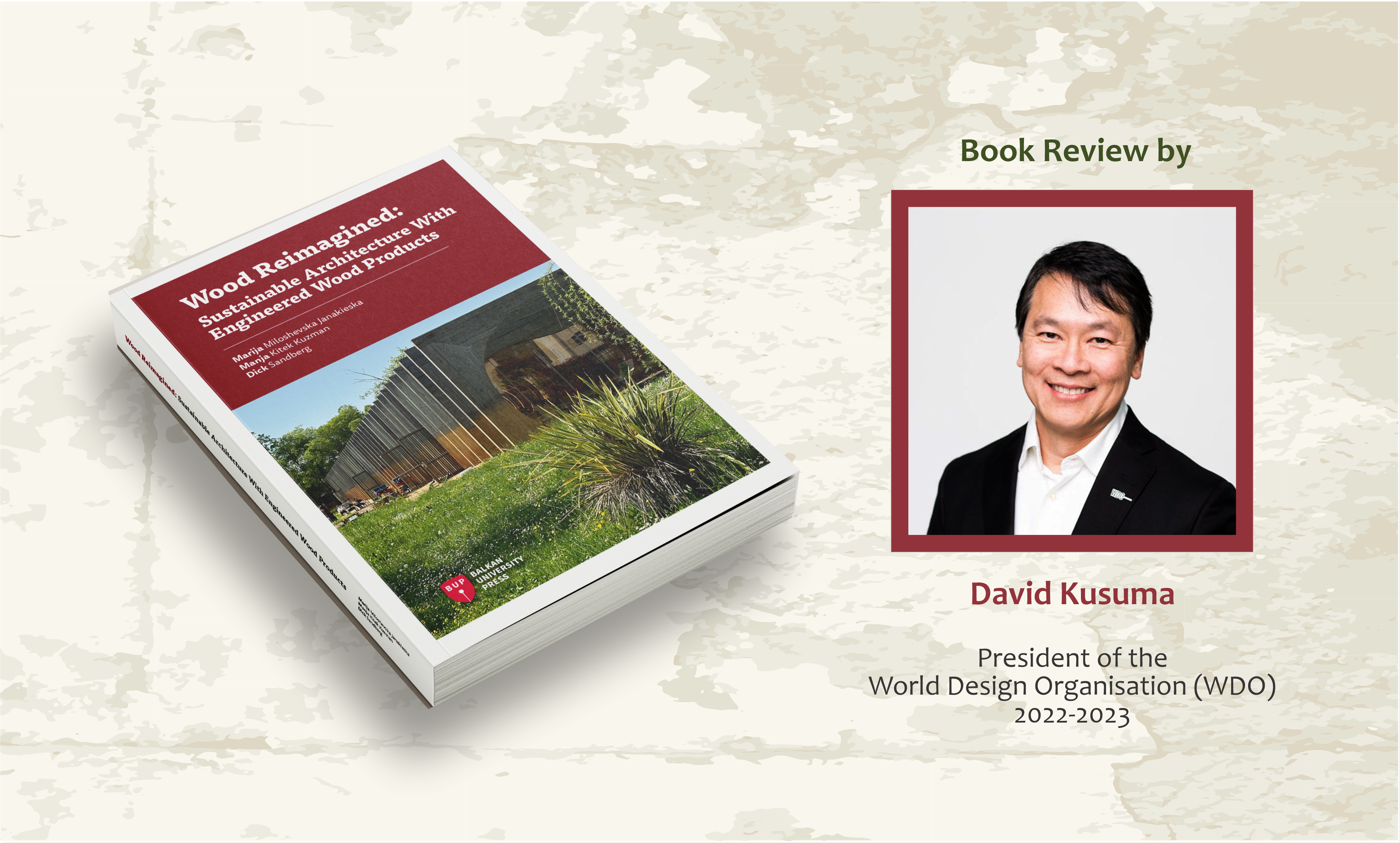

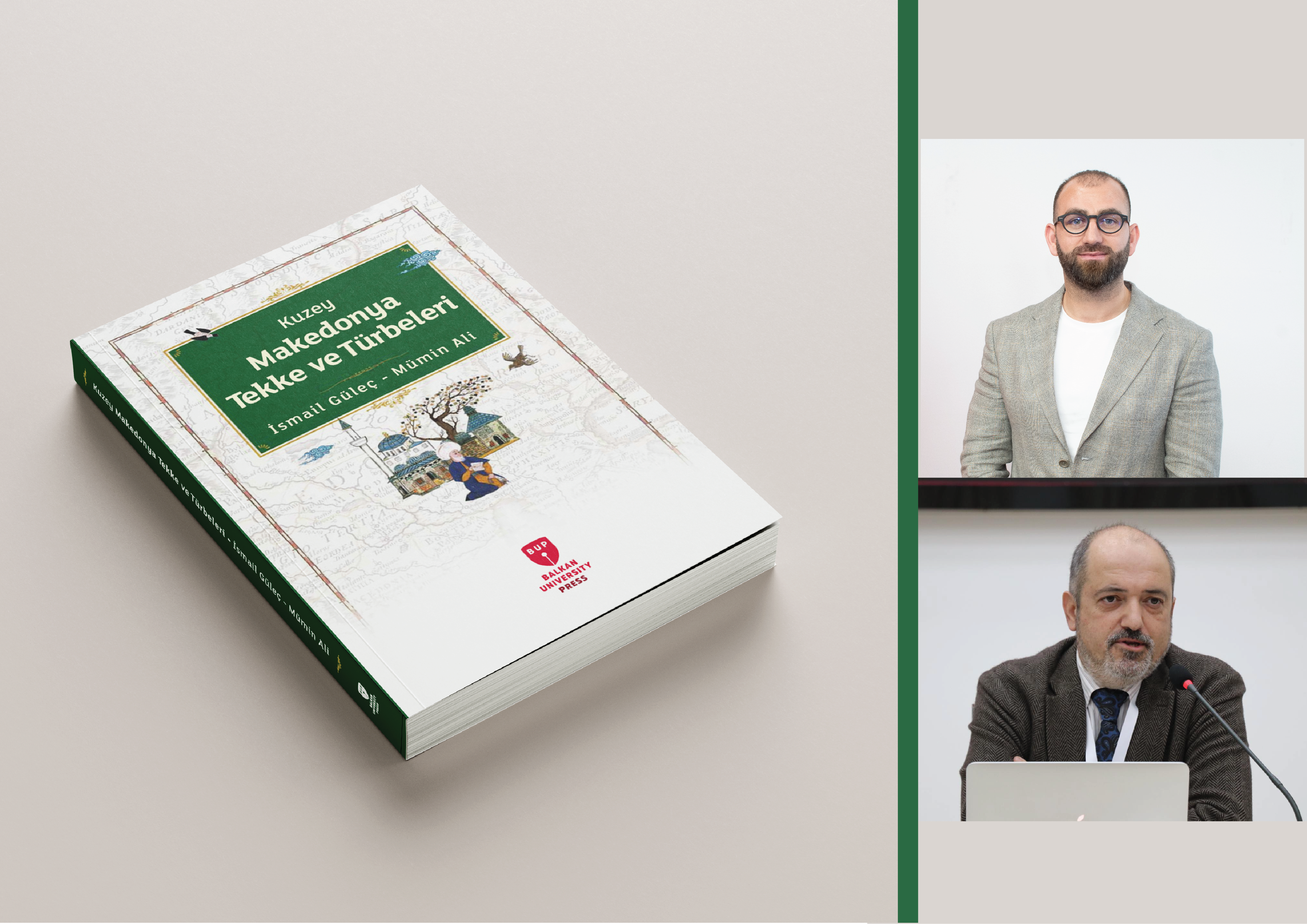
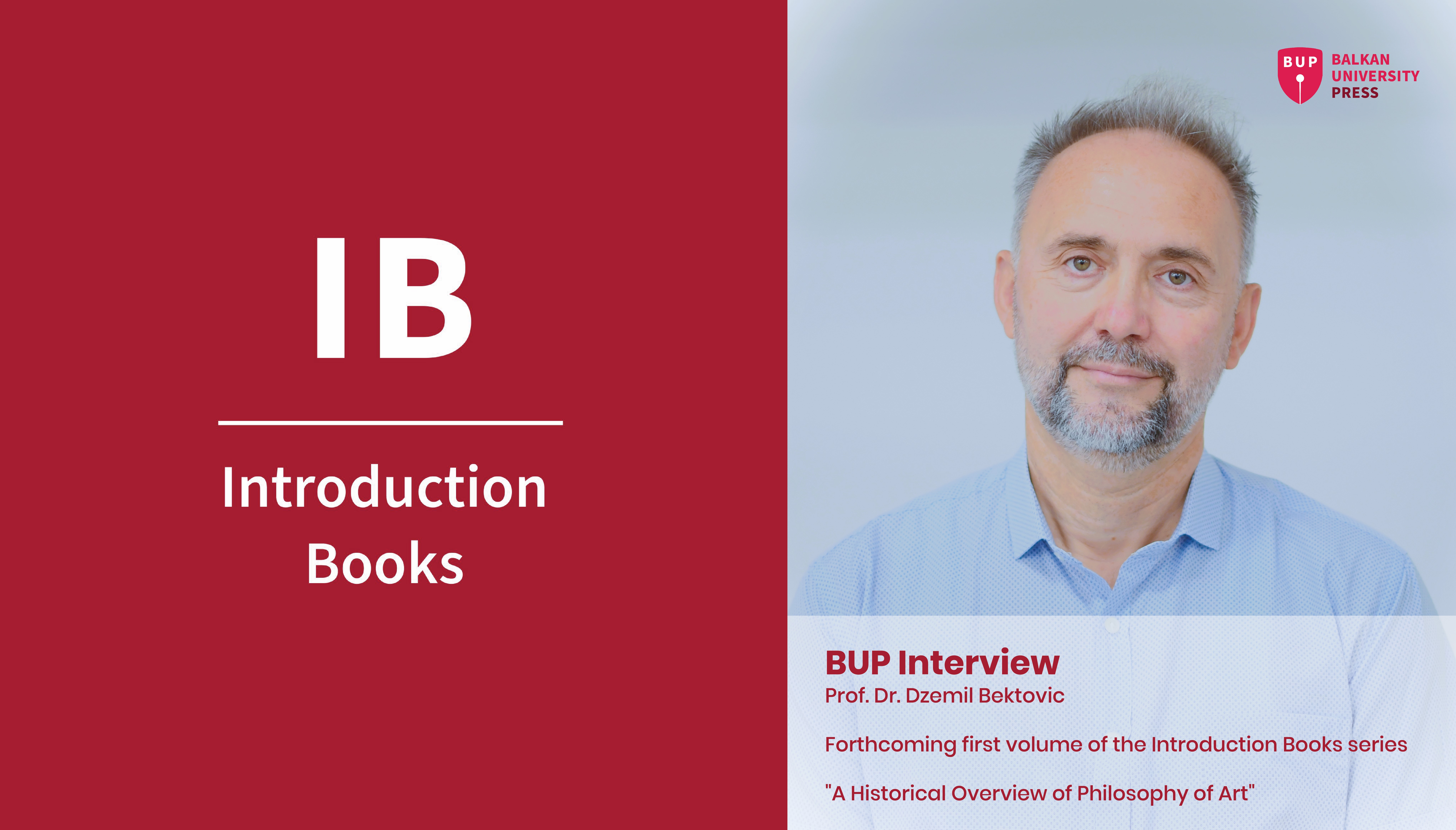
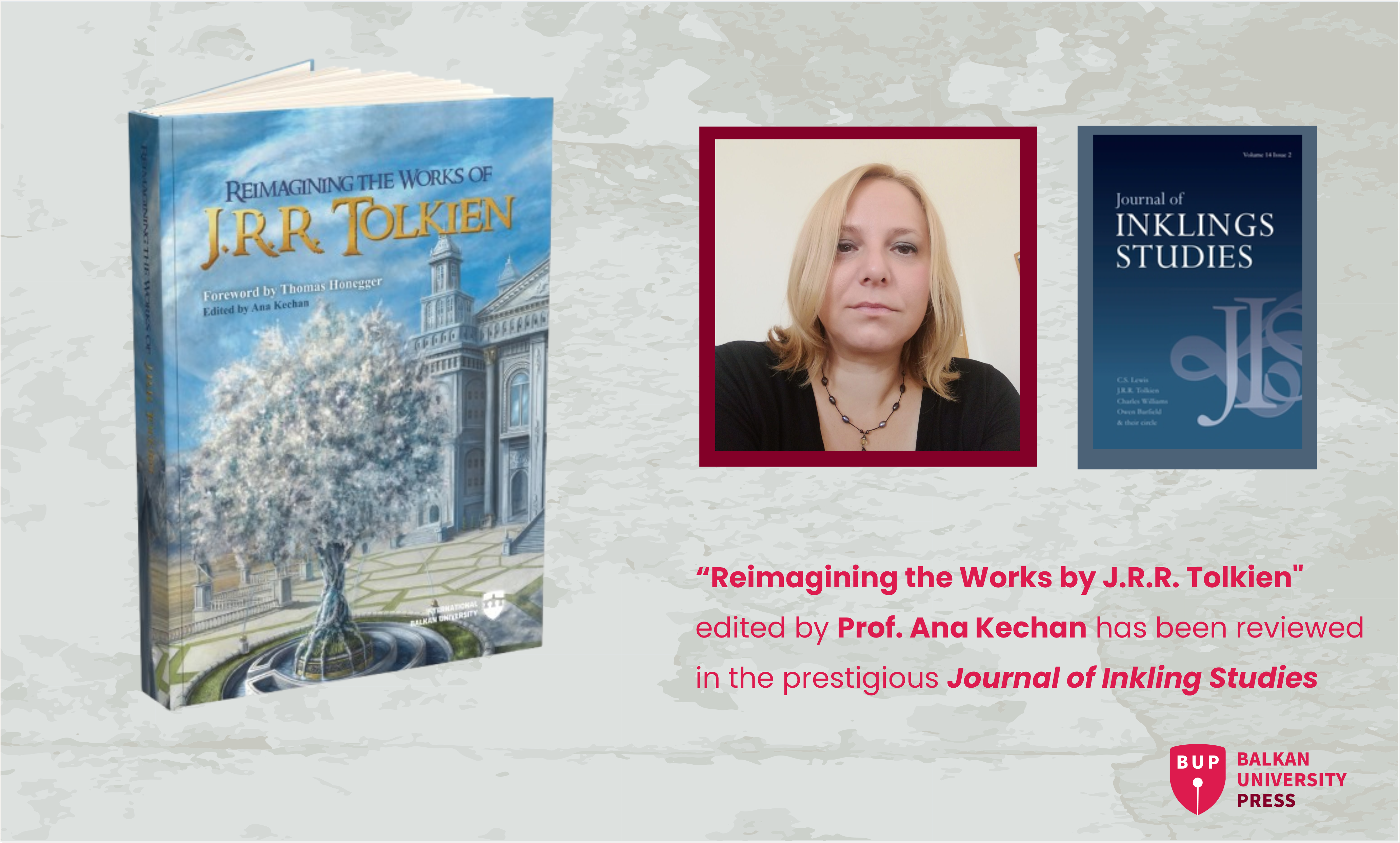
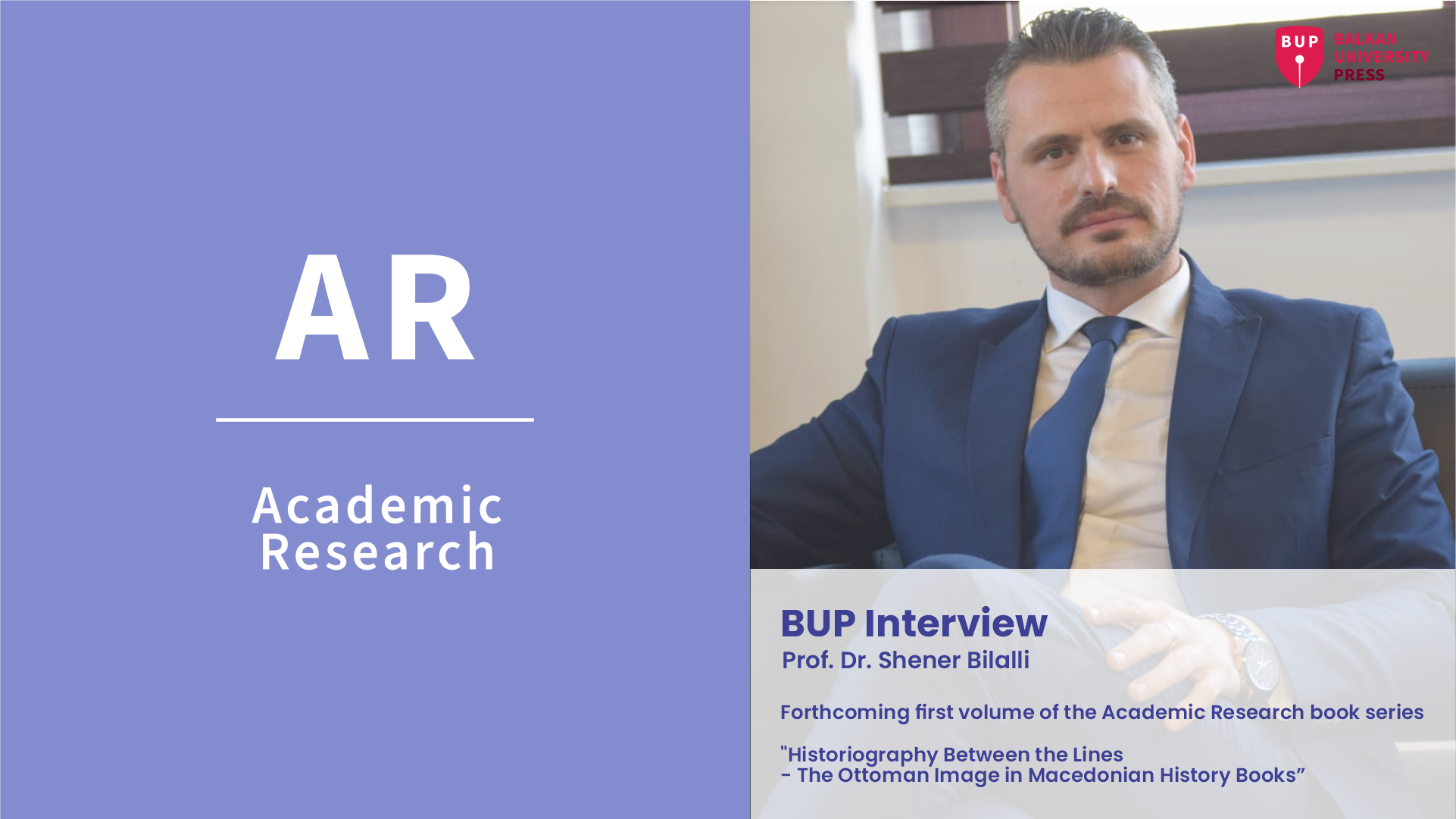
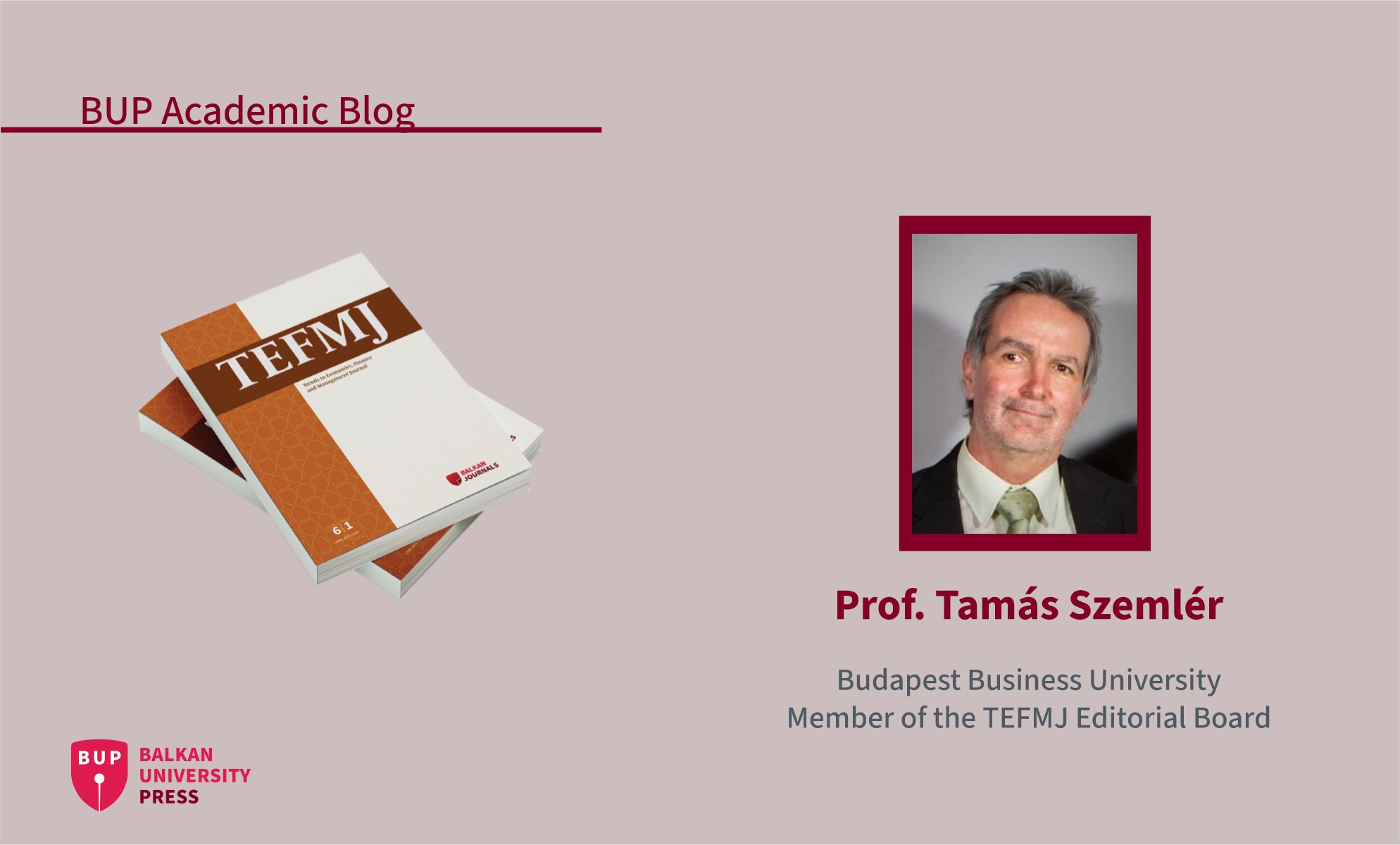
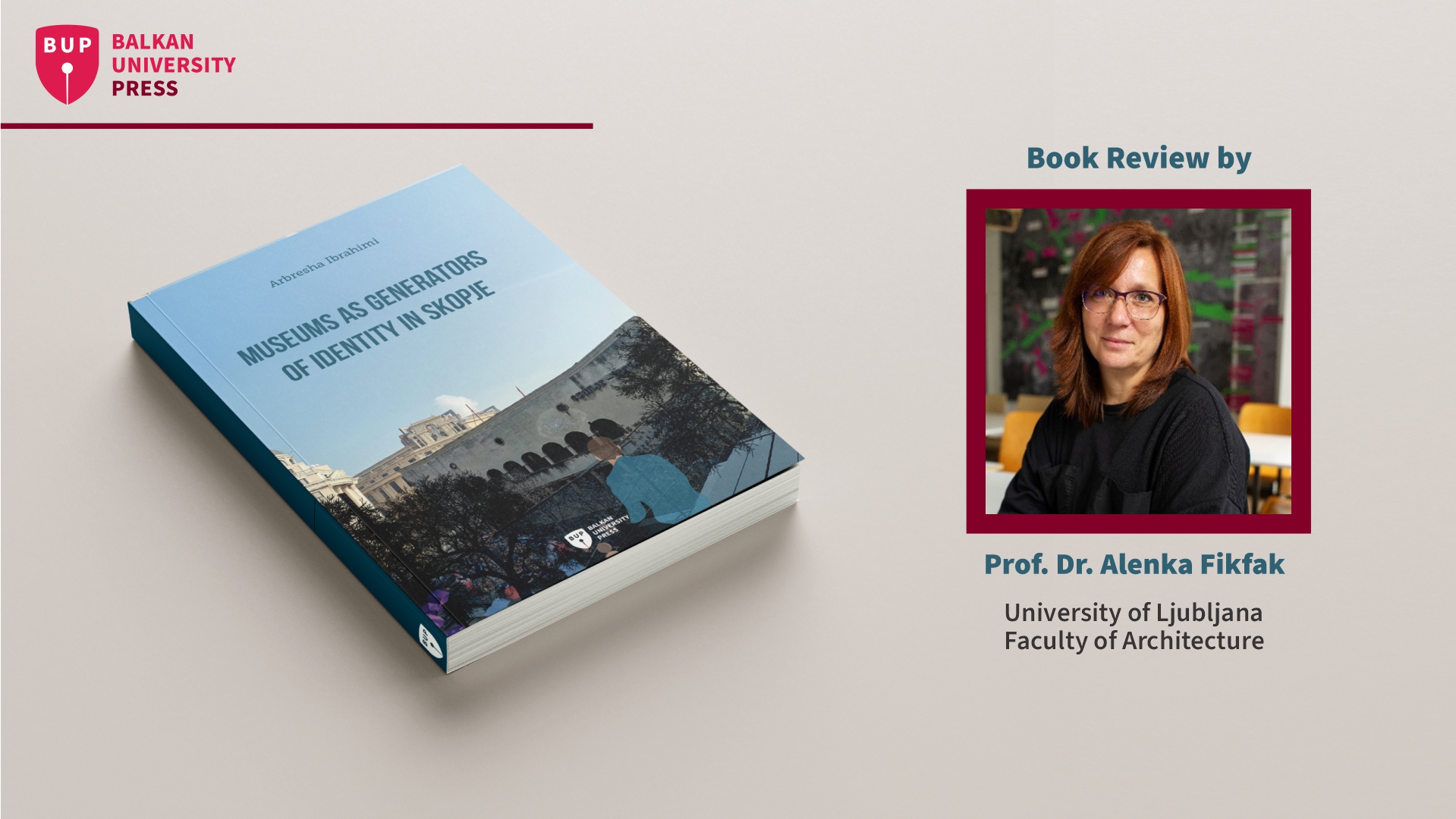

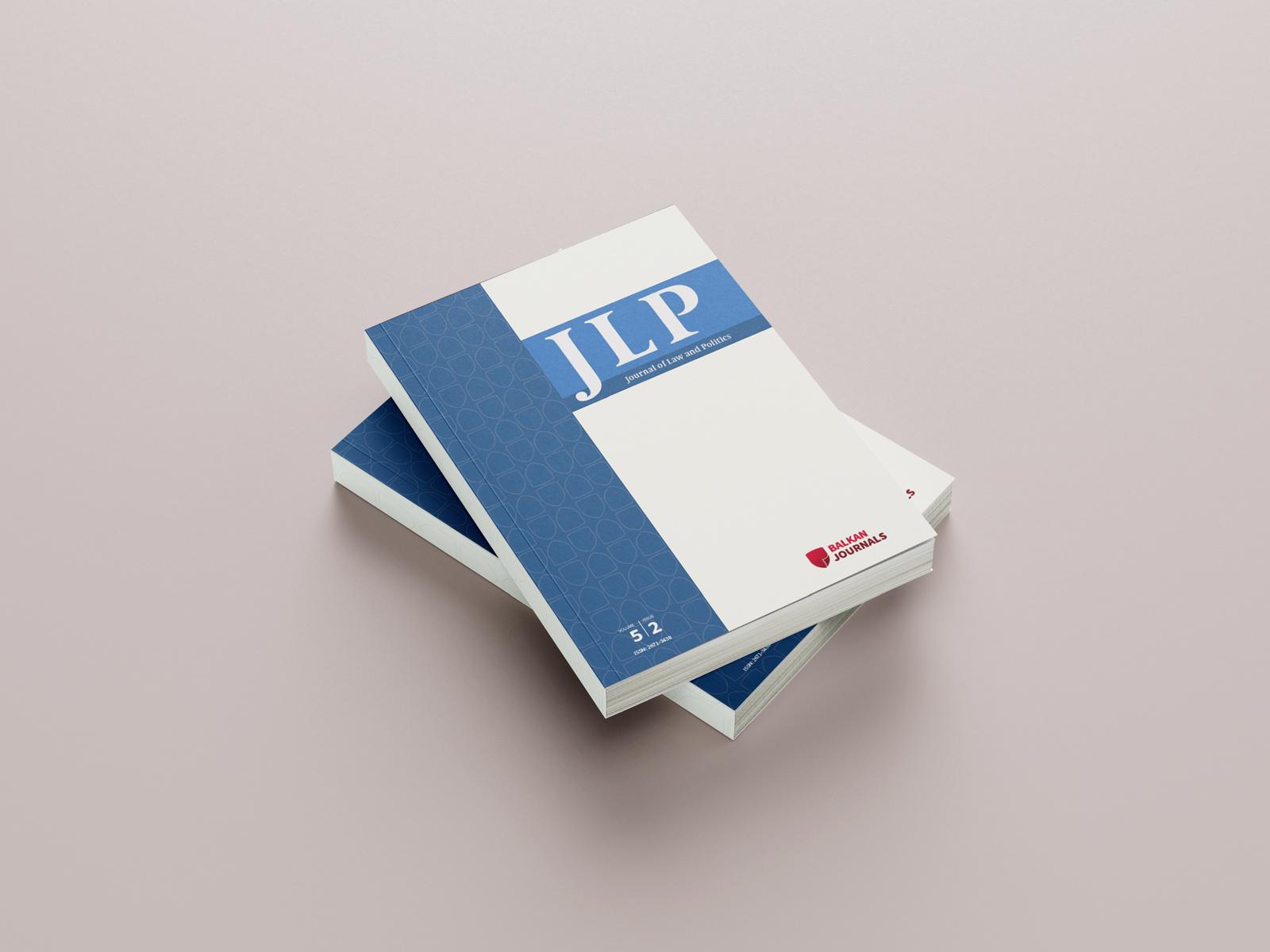

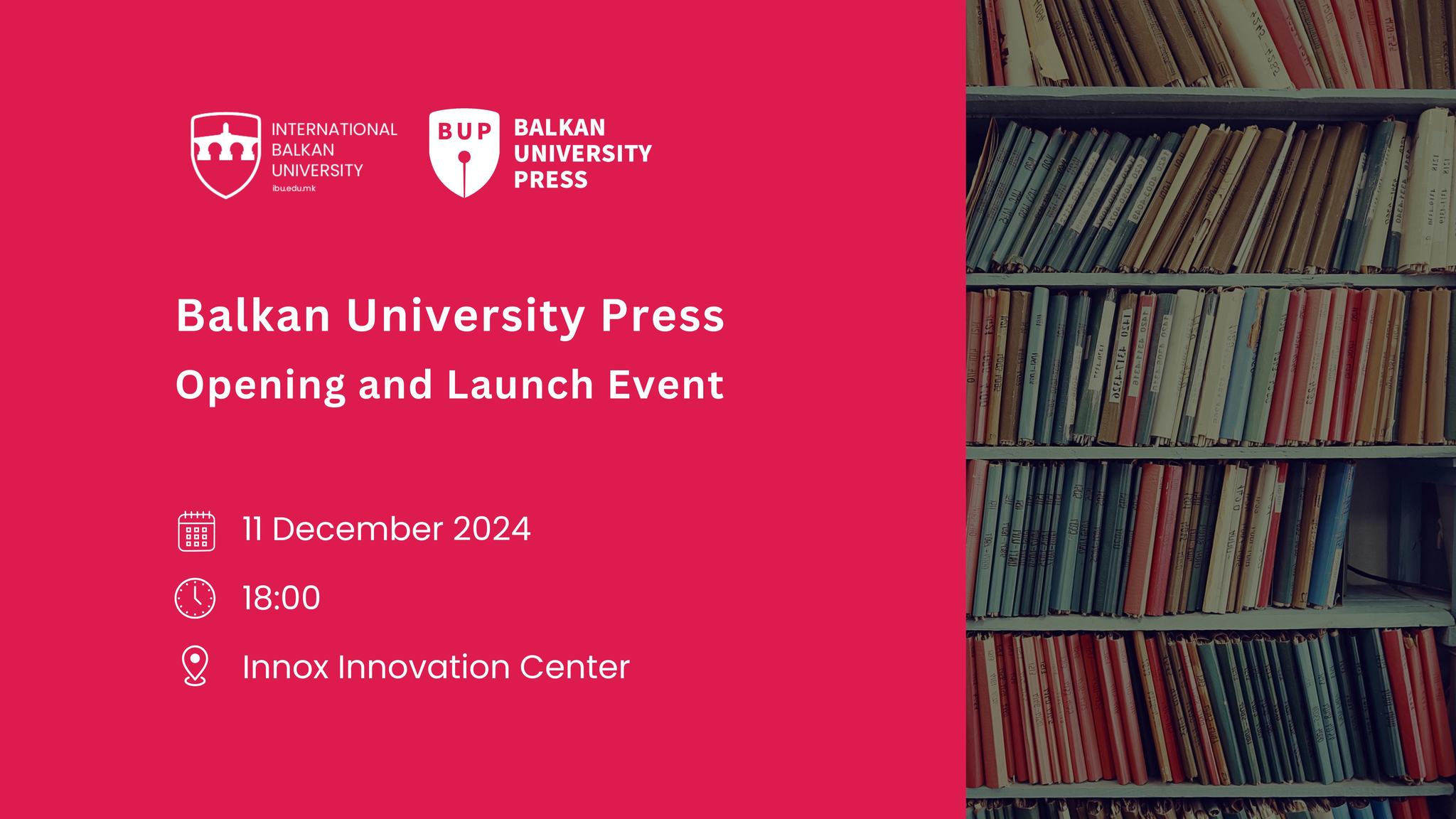
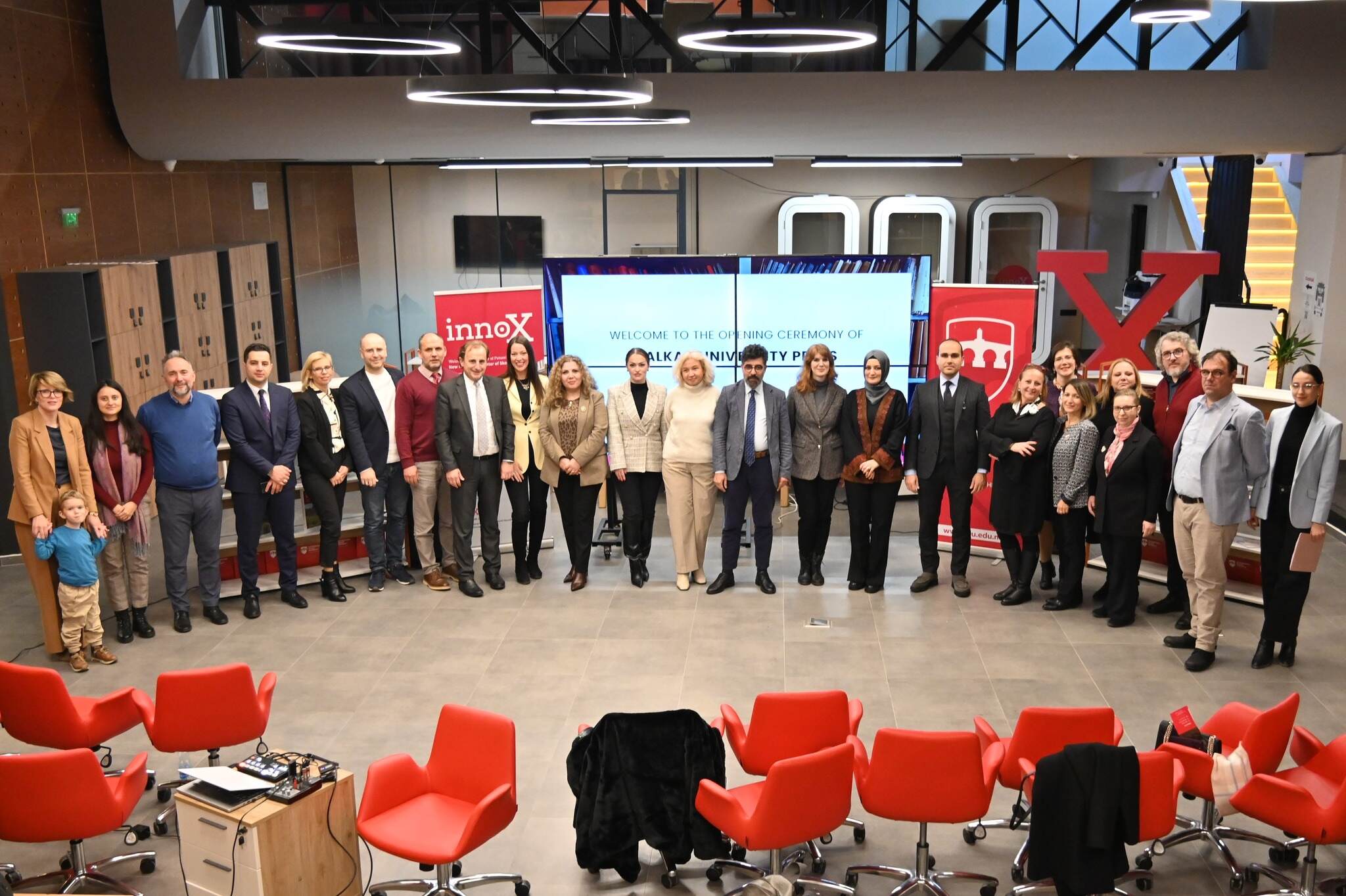


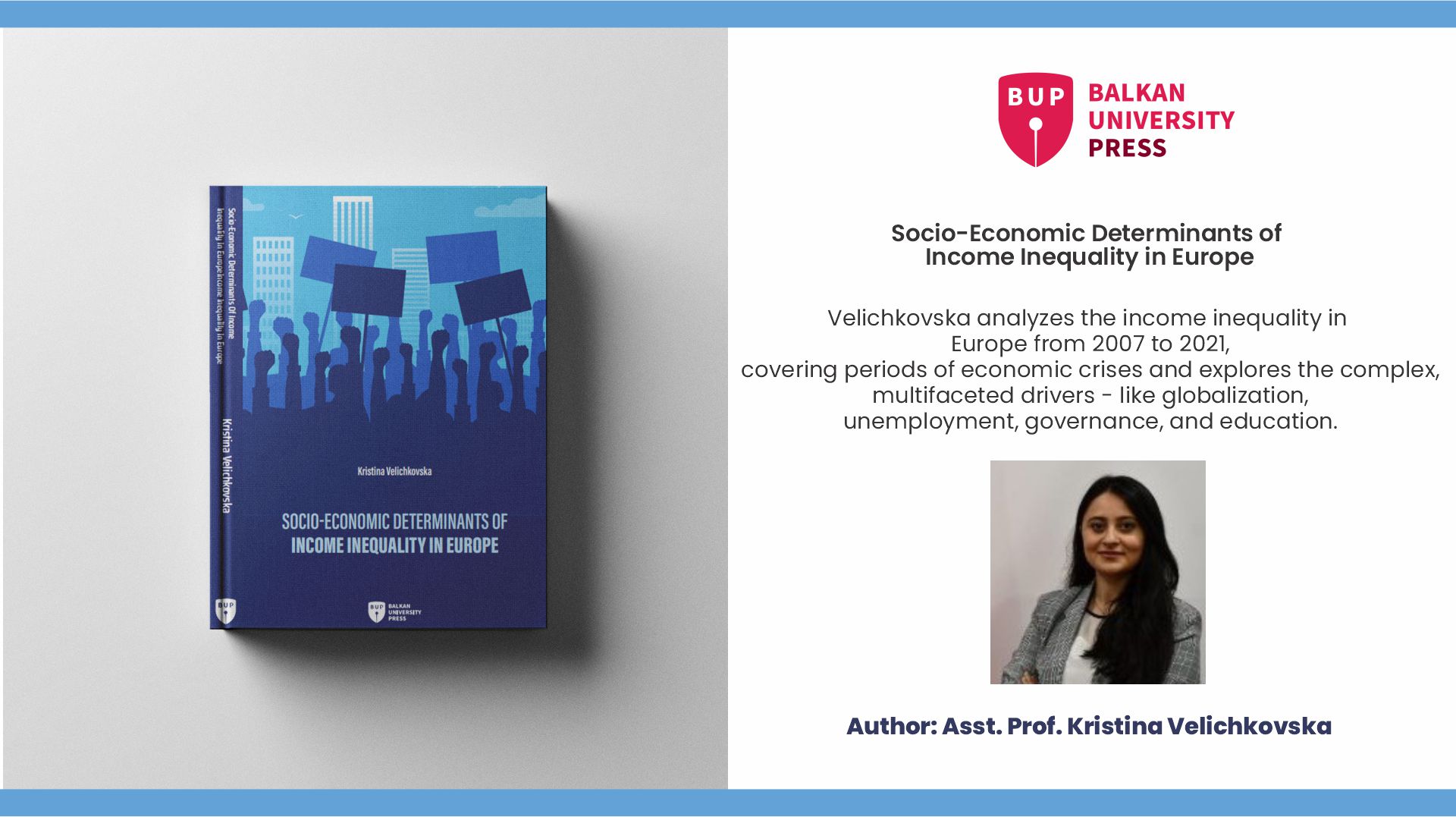
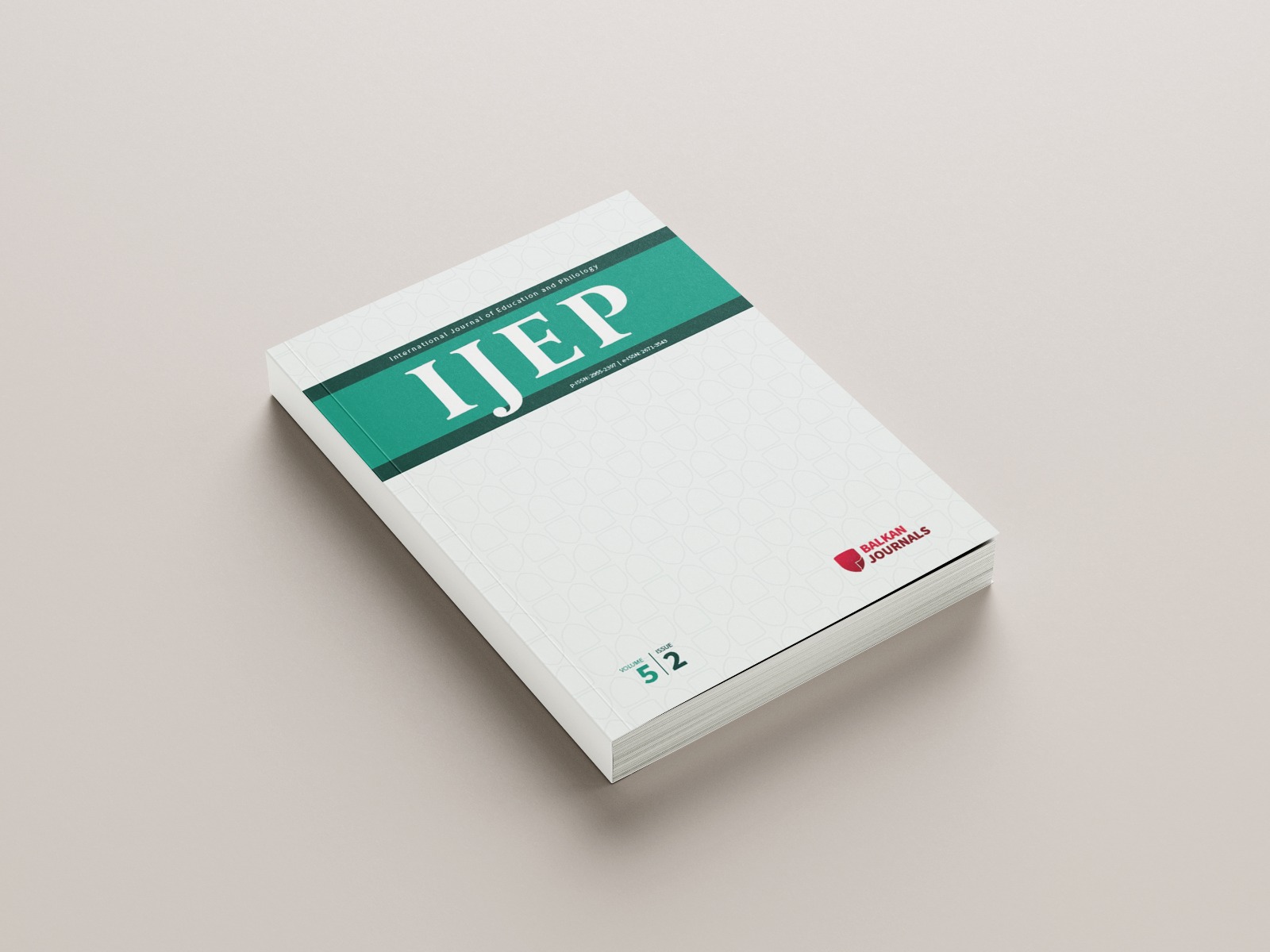

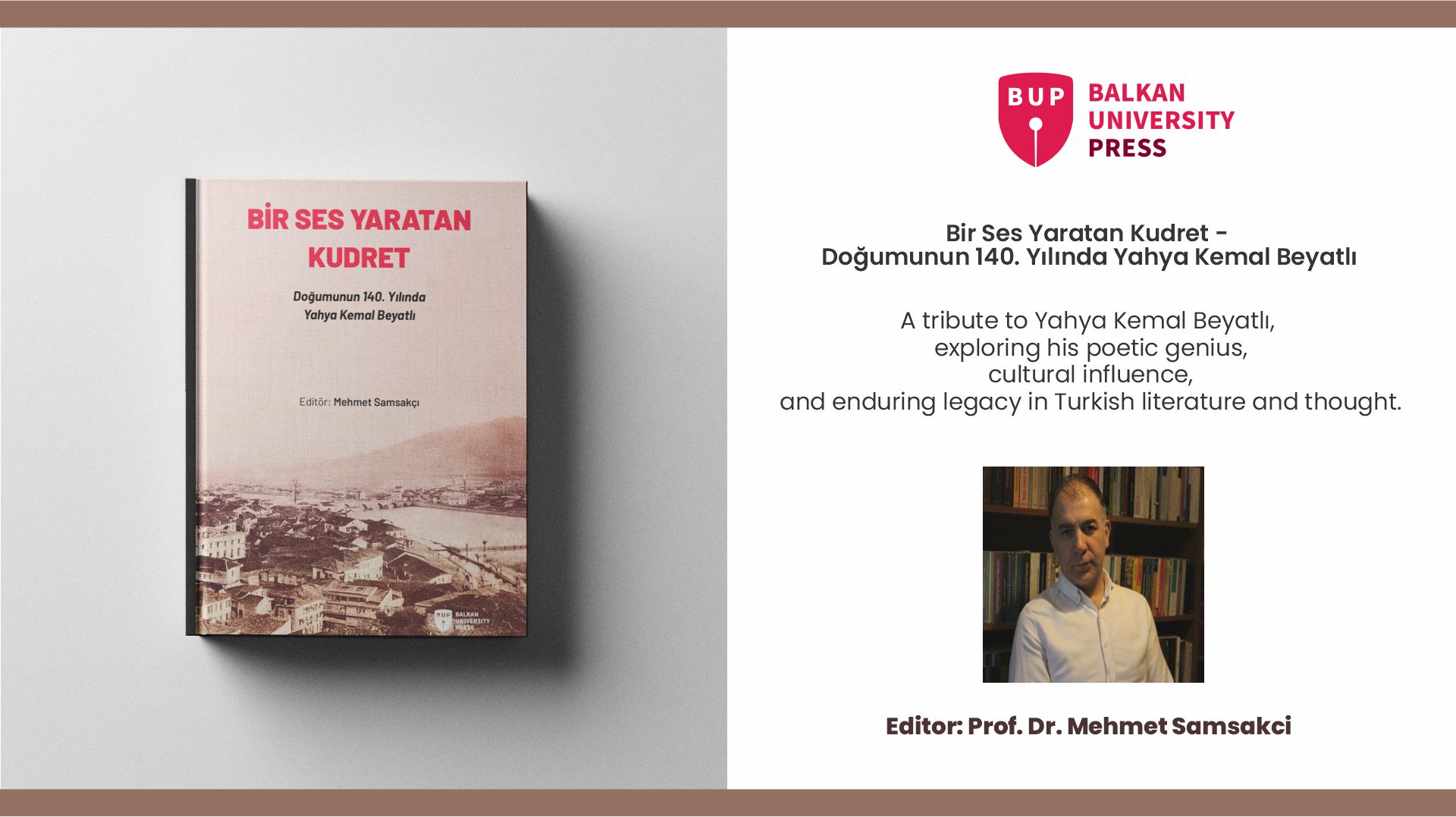
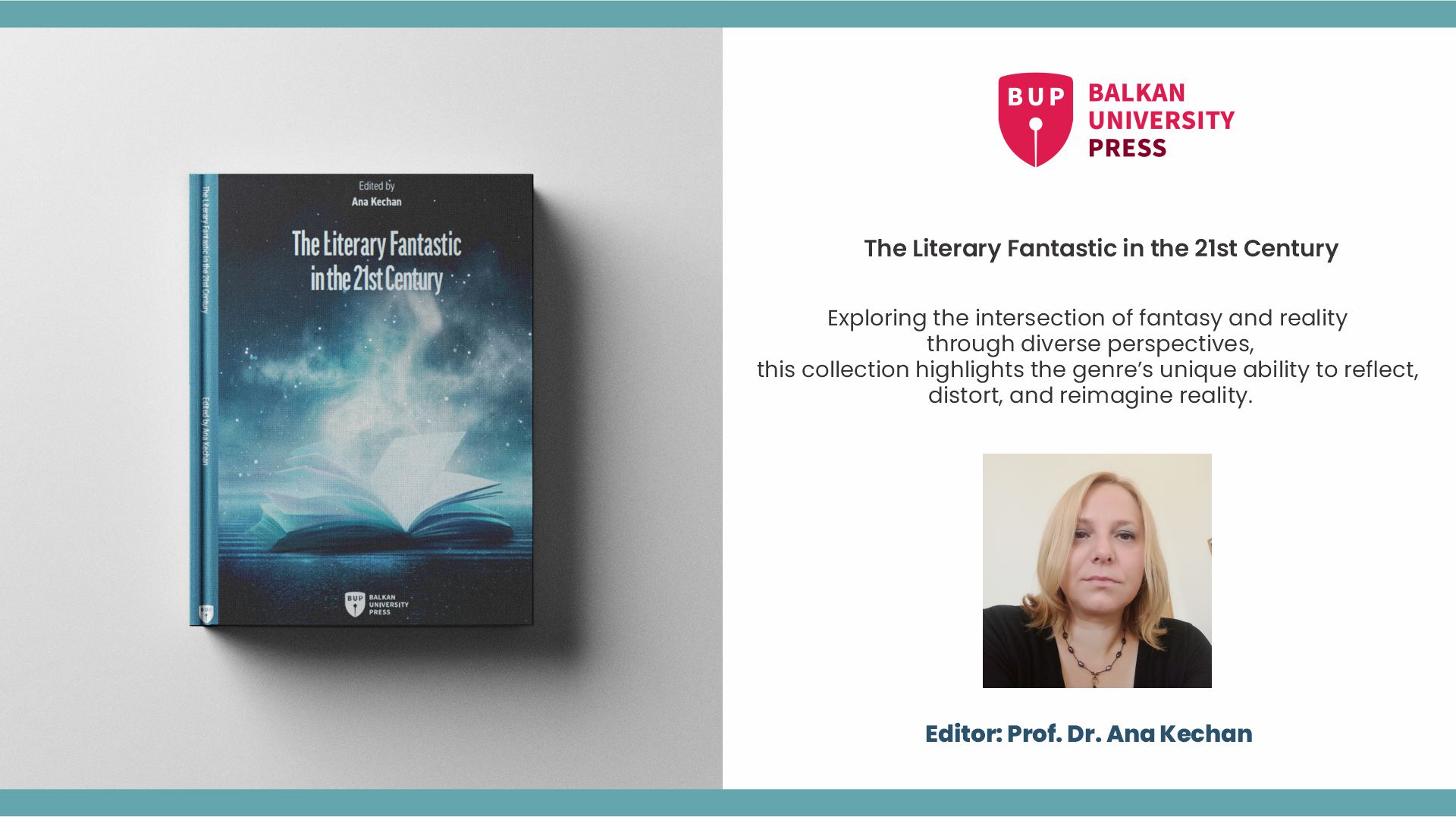
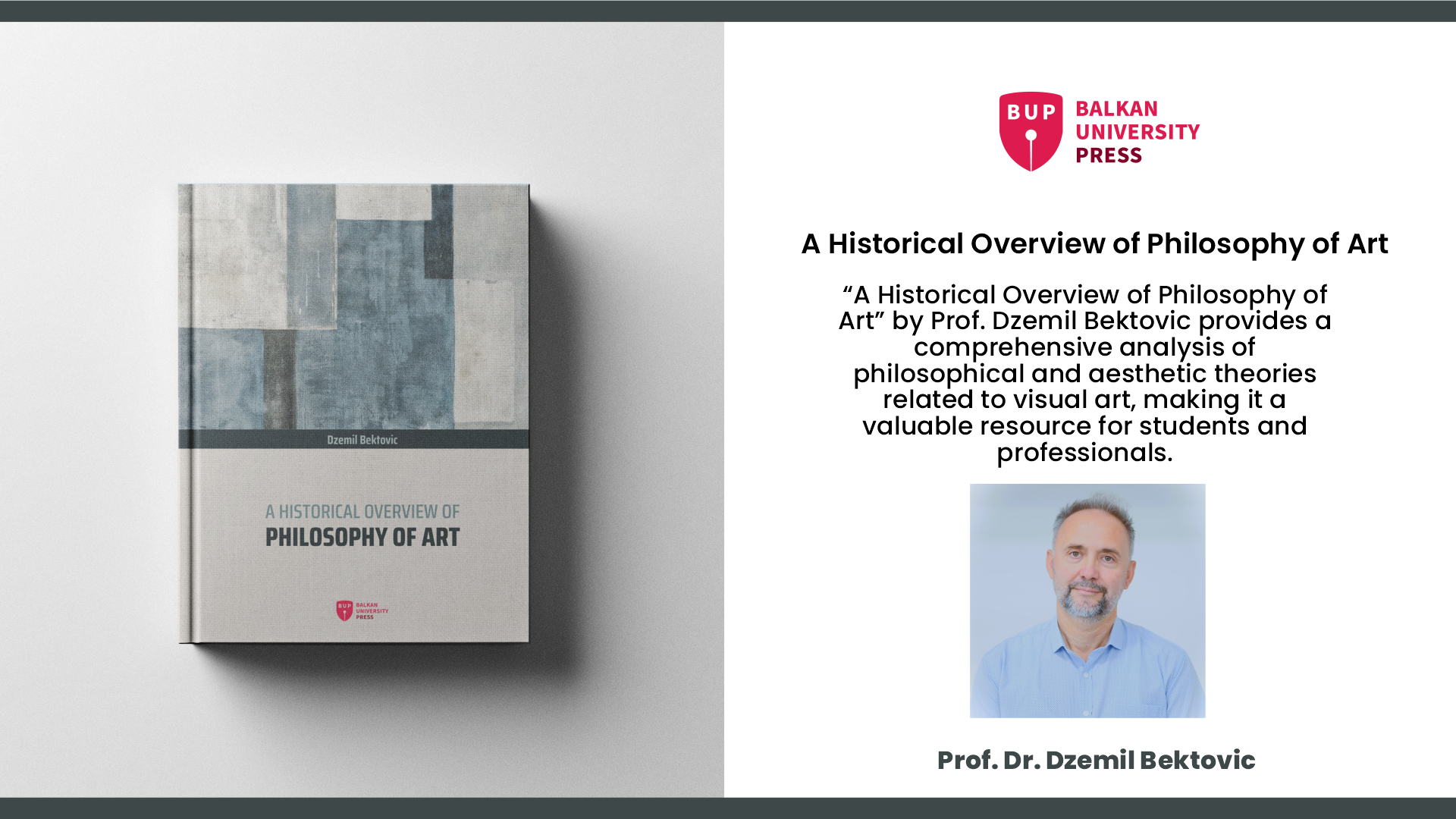
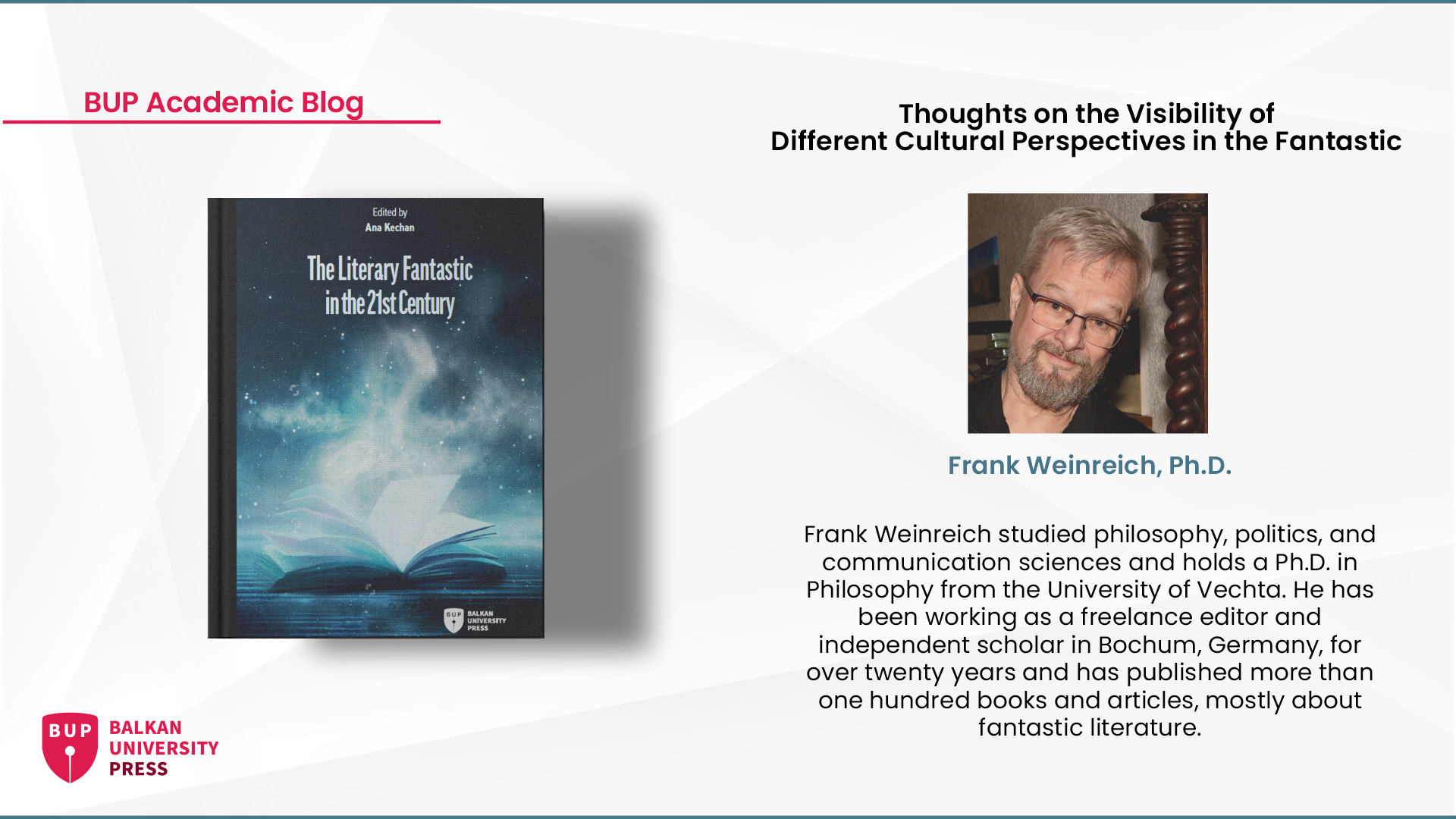
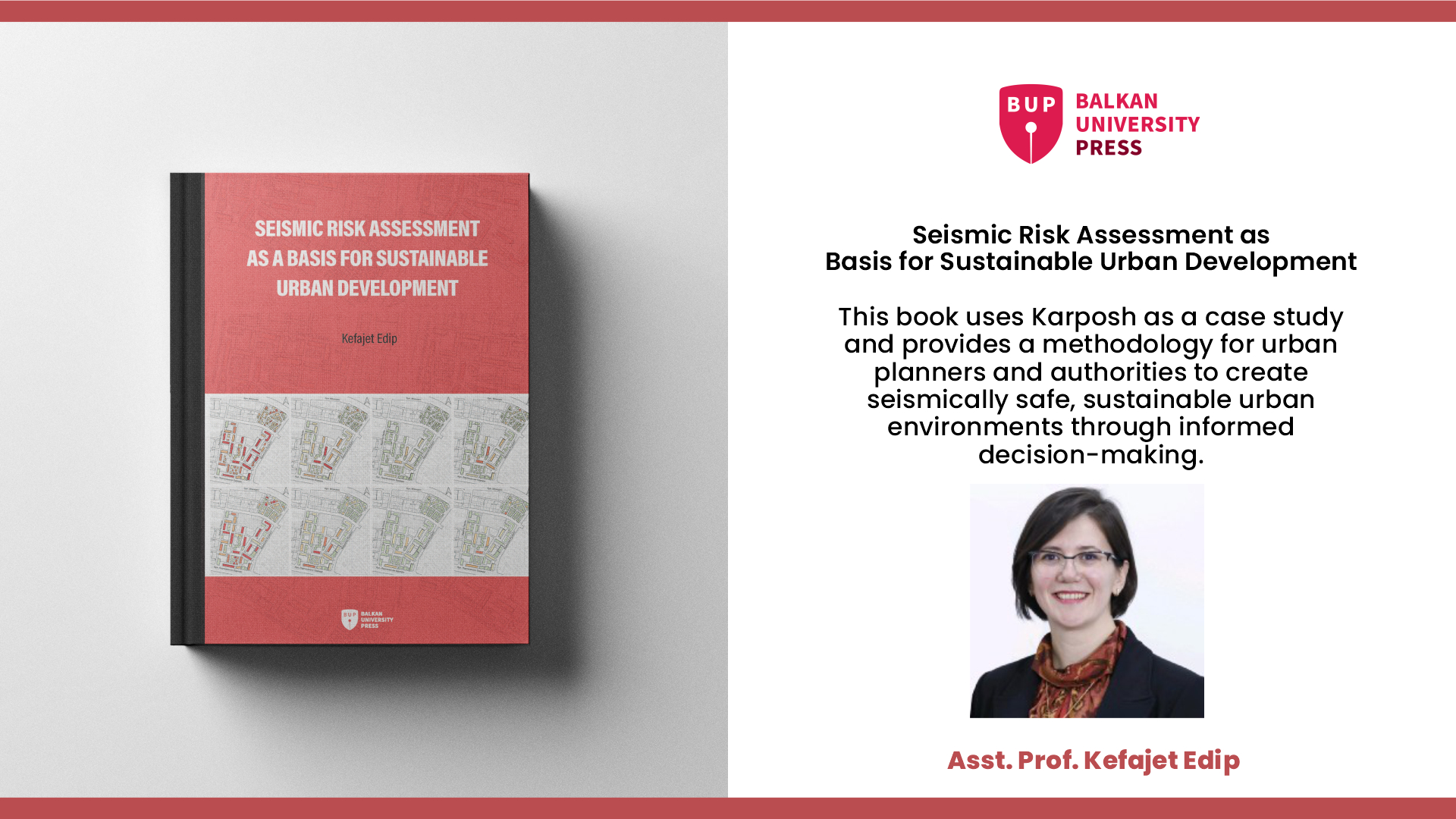




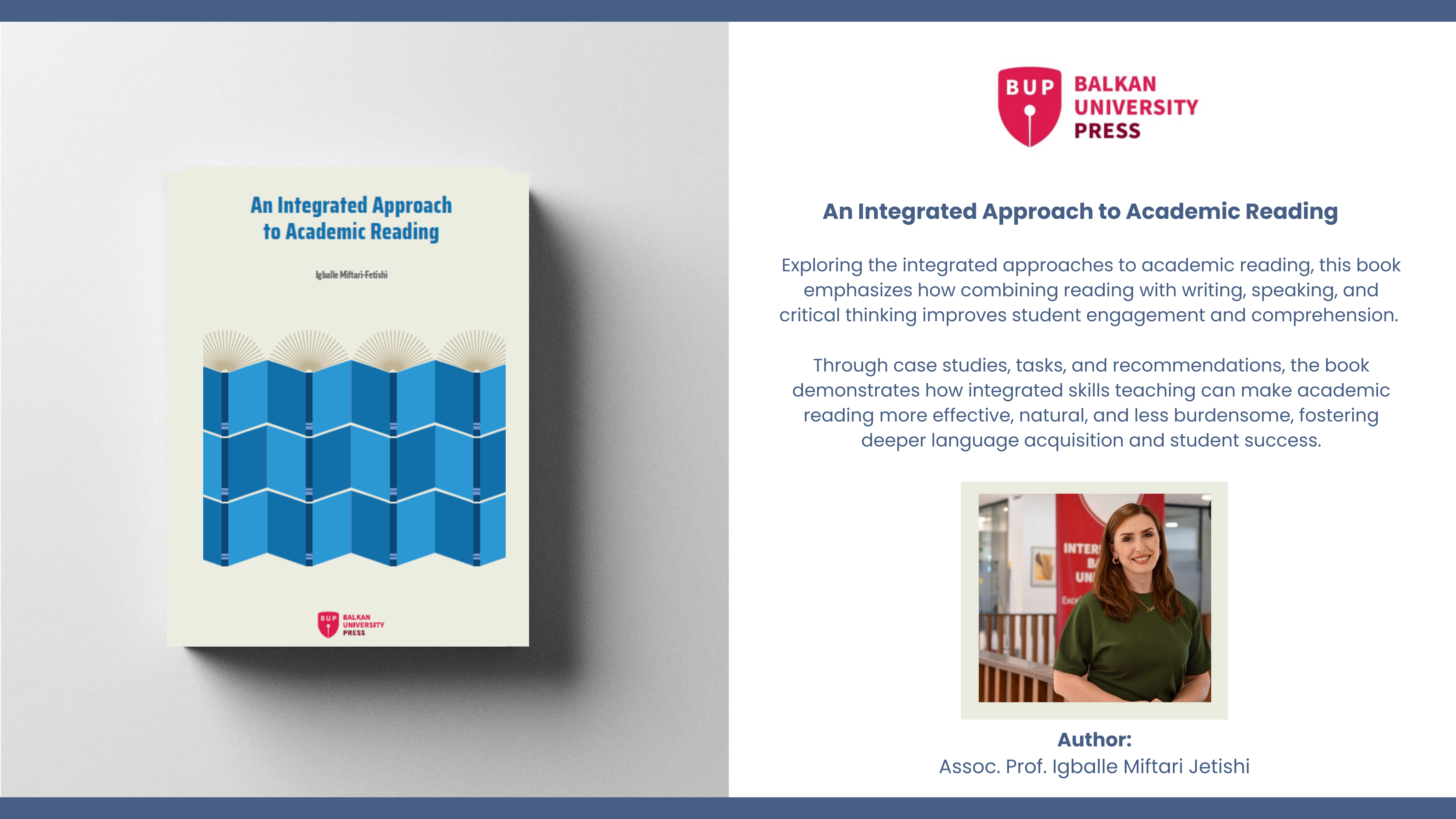


.png)
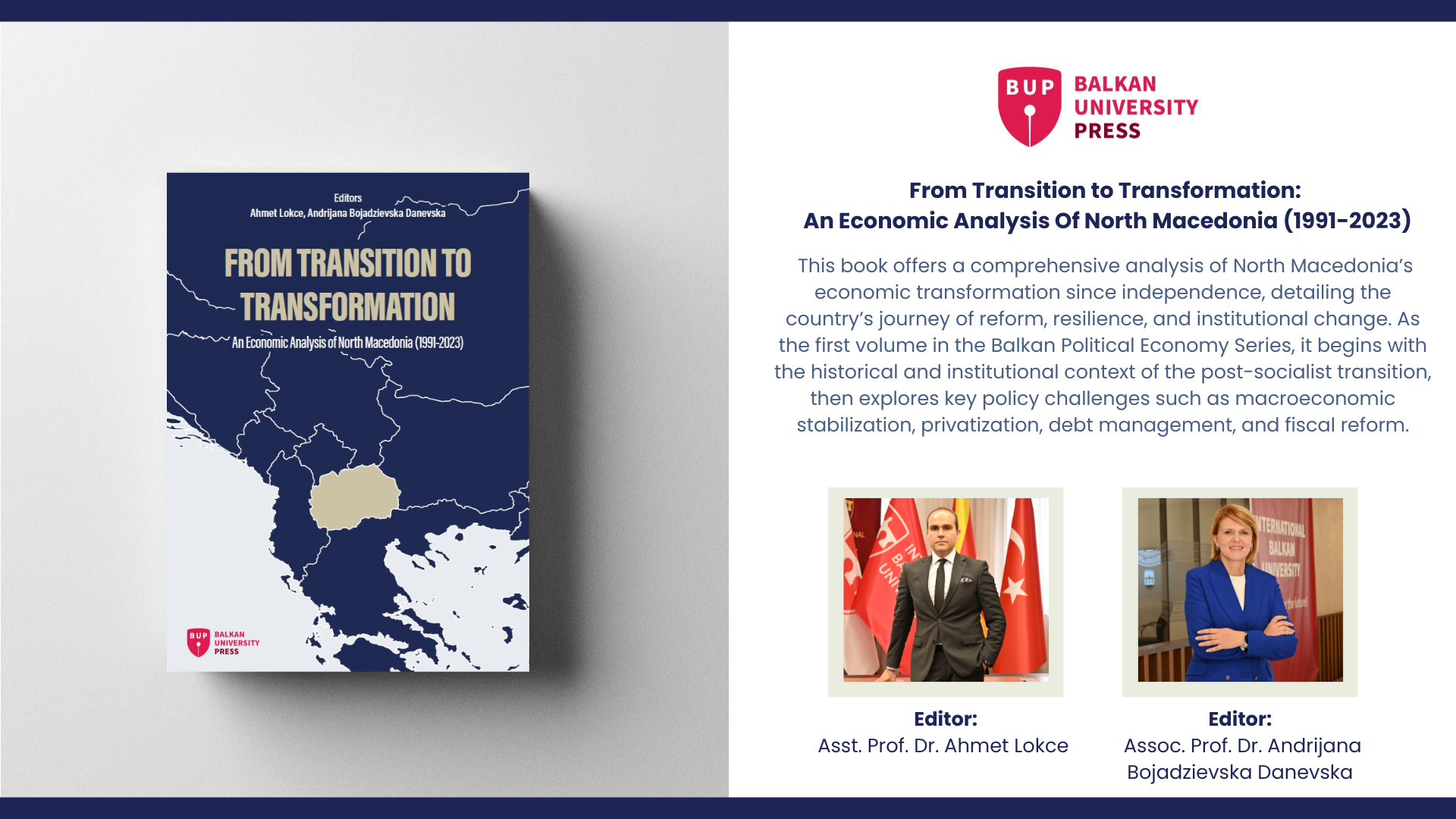


.png)

.png)
